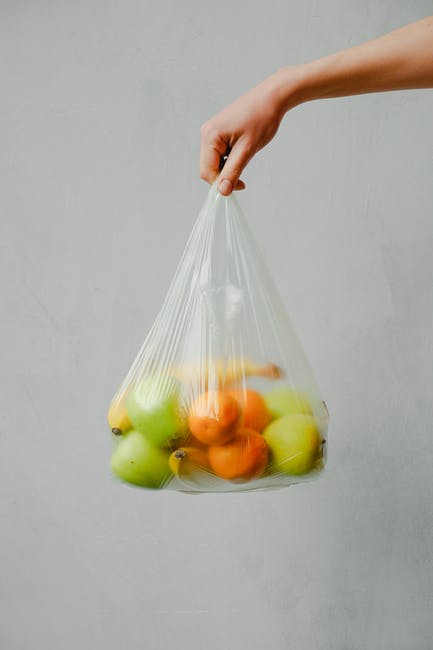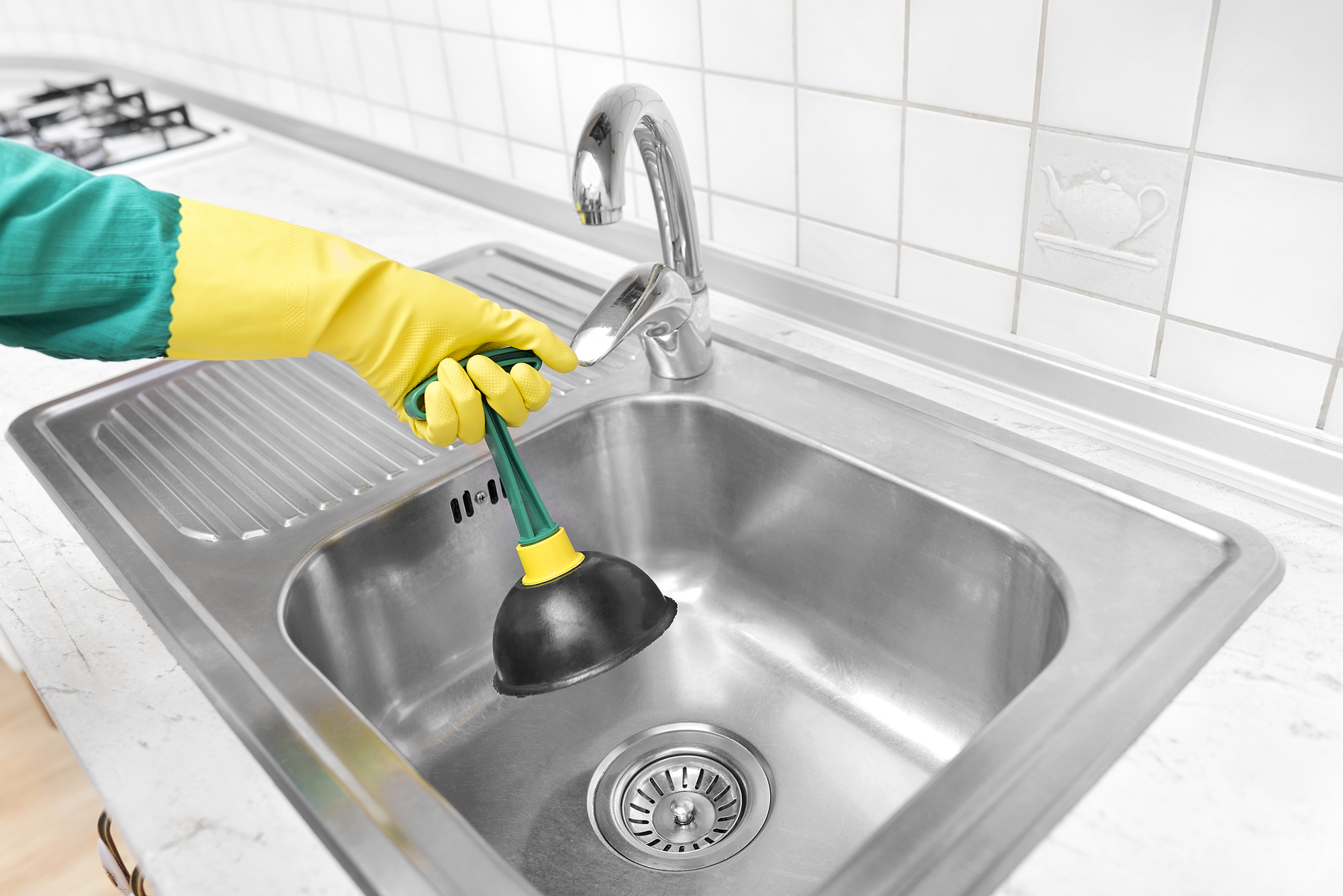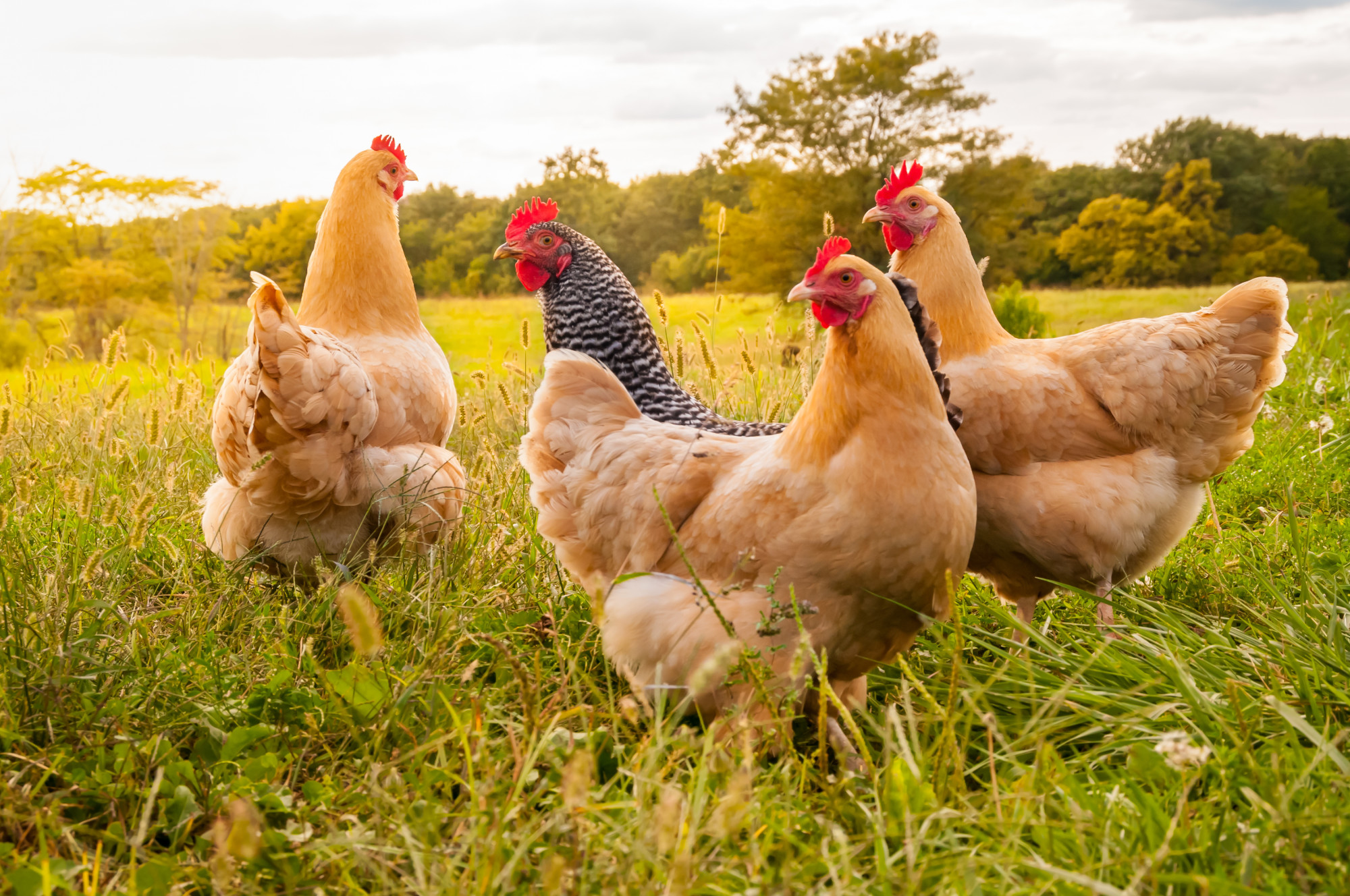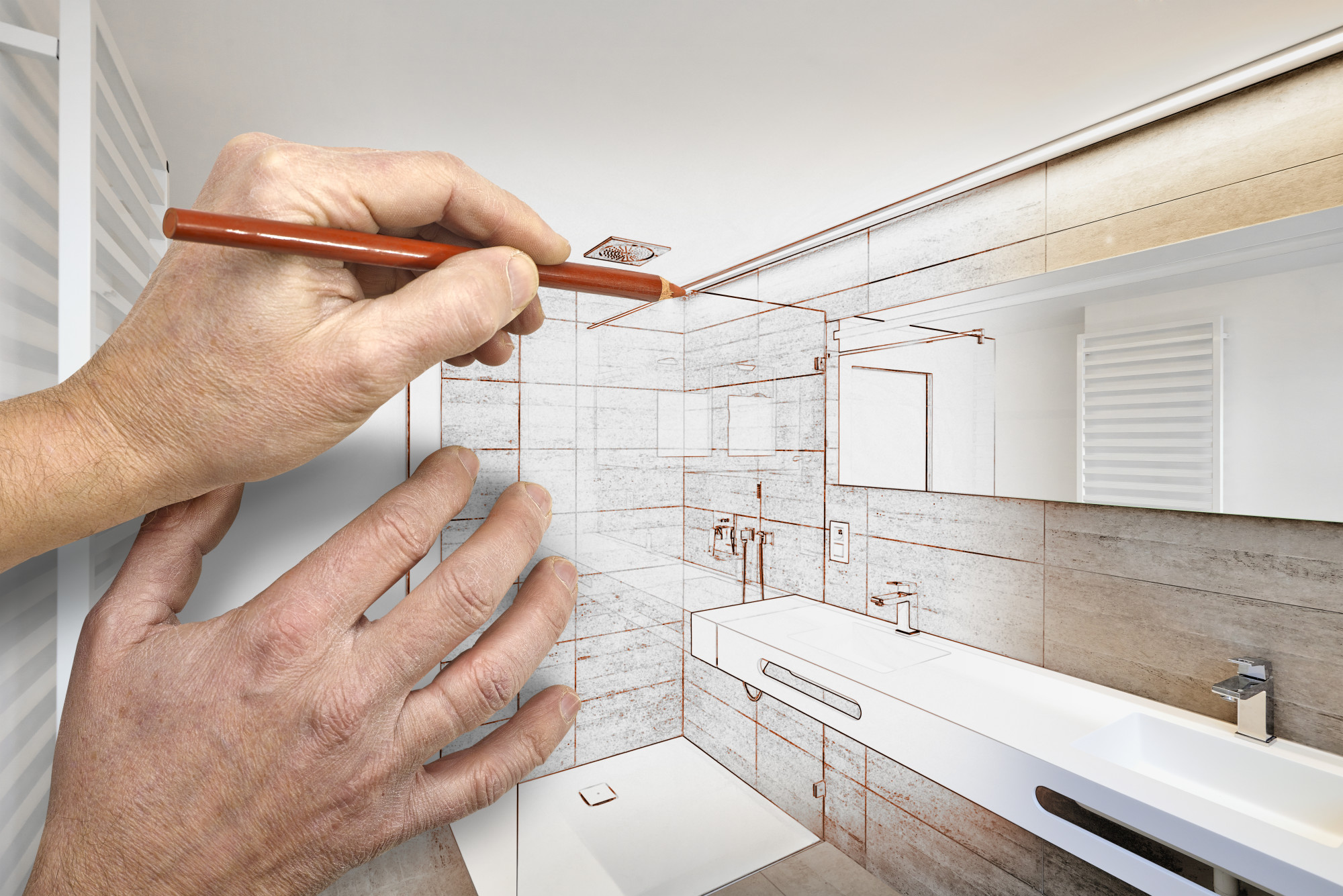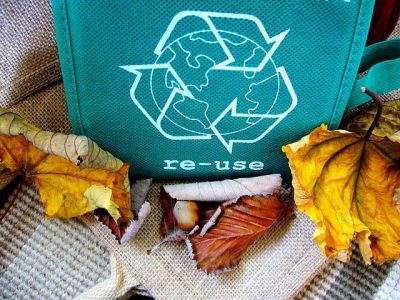The CDC has found that Americans waste 30% to 40% of their food supply. In 2010, there were approximately 133 billion pounds of food waste accumulated in the US, equaling $161 billion worth of food.
Food waste is a dangerous problem. But there is an environmentally-friendly and resourceful solution.
Food waste disposal breaks down and repurposes food. Examples include garbage disposals and compost systems.
Keep reading to learn more about the benefits of disposal systems and how they can help you reduce food waste.
Food Waste Disposals Aid in Composting
Compositing is the natural process of recycling organic materials into rich soil.
Many different household items can be composted, such as:
- Unbleached paper napkins
- Coffee filters
- Eggshells
- Meats
- Newspapers
- Bread
- Fruits and veggies
Food waste is high in nitrogen. Throwing leftovers into your compost pile can speed up the decomposition process. The waste adds nutrients to the soil, making it great for farming.
The natural nutrients created from compositing lead to bigger and healthier-looking crops.
Food waste protects groundwater quality. Composting reduces the need for harmful fertilizers and pesticides. Composting food waste minimizes odors from agricultural areas and buffers pH levels.
Food Waste Disposals Recycle Water
Food waste disposal can transform waste into water. This reduces the amount of garbage in landfills, decreases air pollution, and lowers carbon emissions.
A water-saving food waste disposal system can be installed on-site. When users throw away leftovers, a digester breaks the materials into environmentally-safe wastewater.
The mechanism uses oxygen and micro-organisms to convert waste into water, making it an environmentally-friendly and sustainable disposal system.
Food Waste Disposals Conserve Landfill Space
Waste disposal systems conserve space in landfills and reduce the need to build more.
Currently, there are over 3,000 active landfills across the United States. They are hot spots for air and water pollution. Fewer landfills equal a healthier planet.
Waste disposal mechanisms break down matter. They turn waste into nutrient-rich soil or wastewater that can be reused within the environment. Using waste disposal systems reduces the amount of trash you throw away, lowering your environmental impact.
Food Waste Disposals Are Designed to Help You
Not only do waste systems help us create a more sustainable planet, but they enable us to live more efficient lives.
The logic is simple: more food in the disposal equals less trash. For you, it means taking out the garbage far less often.
Composting food waste also reduces unpleasant kitchen odors. Throwing food into the garbage disposal means your leftover salad won’t rot in your kitchen garbage can. Not only are less foul smells pleasant for your nose, but they reduce your risk of attracting unwanted household pests.
Finally, food waste disposal systems are durable. As long as they are well-maintained and regularly cleaned, the systems should last a decade or longer. Food disposals are a smart investment for your home or business.
Explore More Ways to Live a Greener Lifestyle
Everything we do impacts our environment. Food waste disposal is one of many ways you can reduce your carbon footprint and live a more sustainable lifestyle.
For more tips on how to live a greener life, check out our blog.

